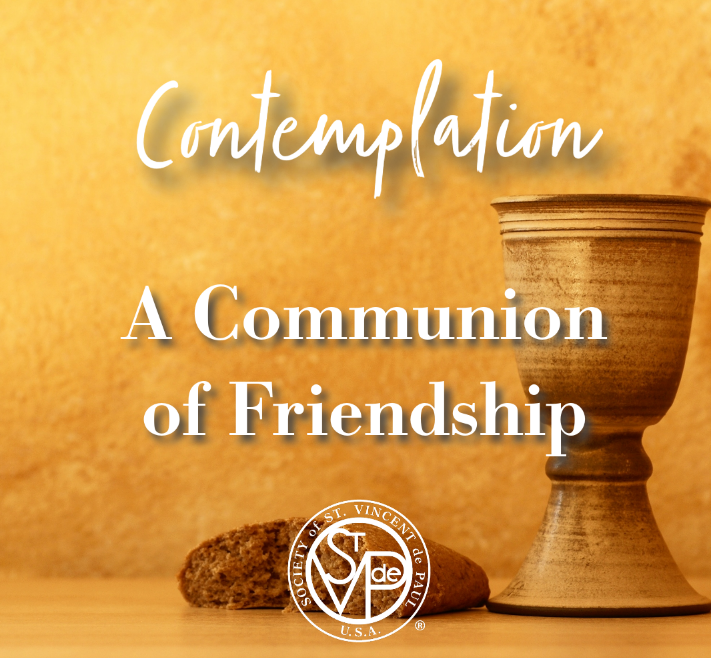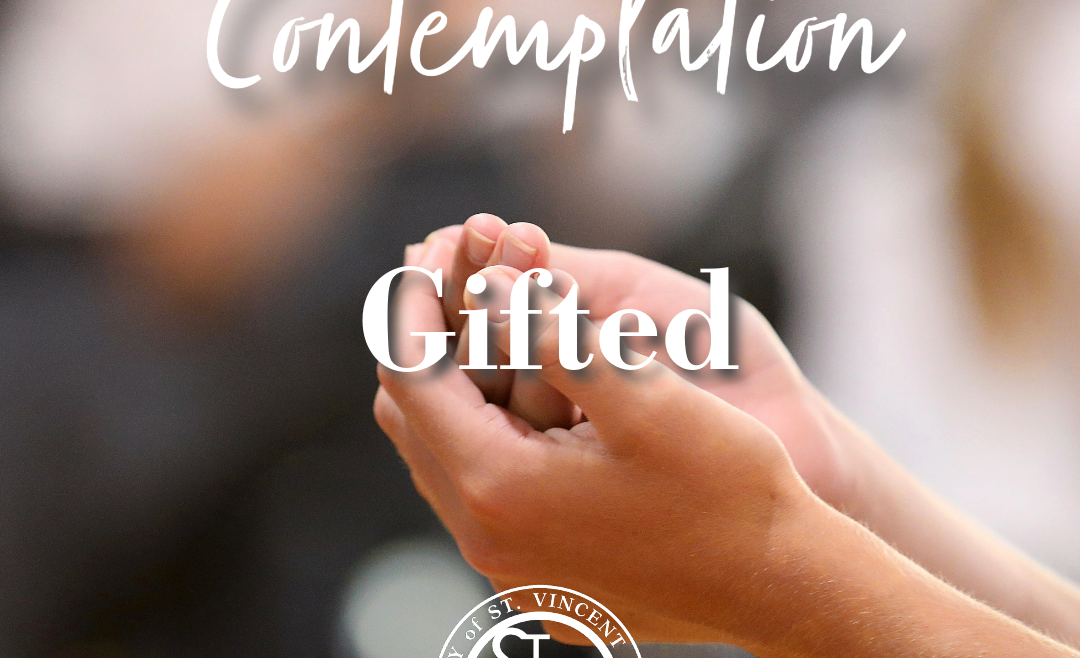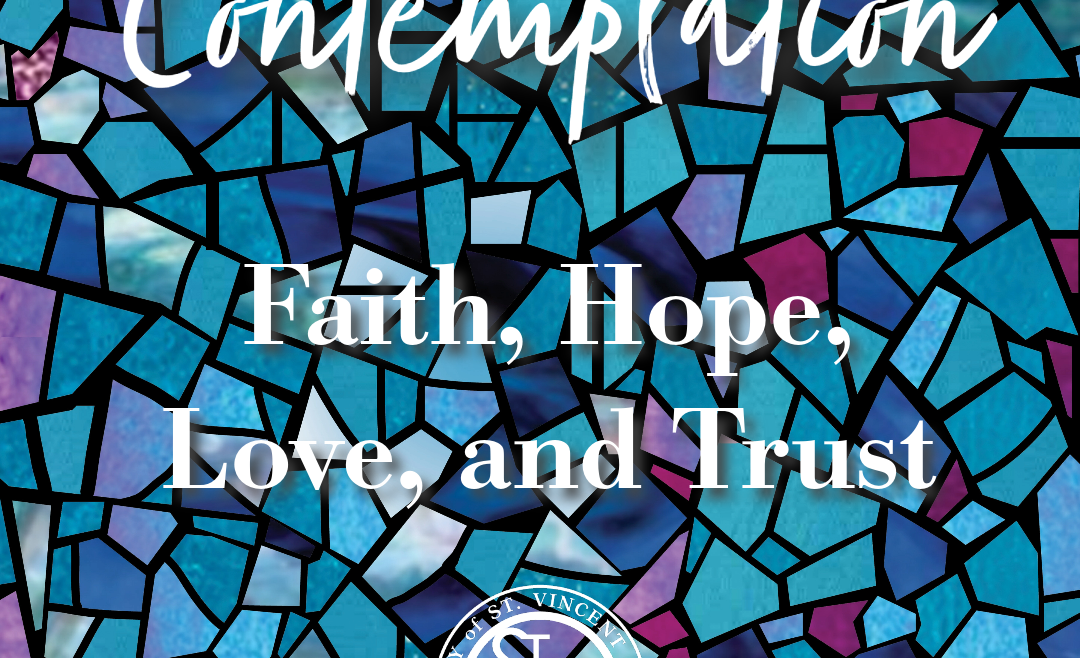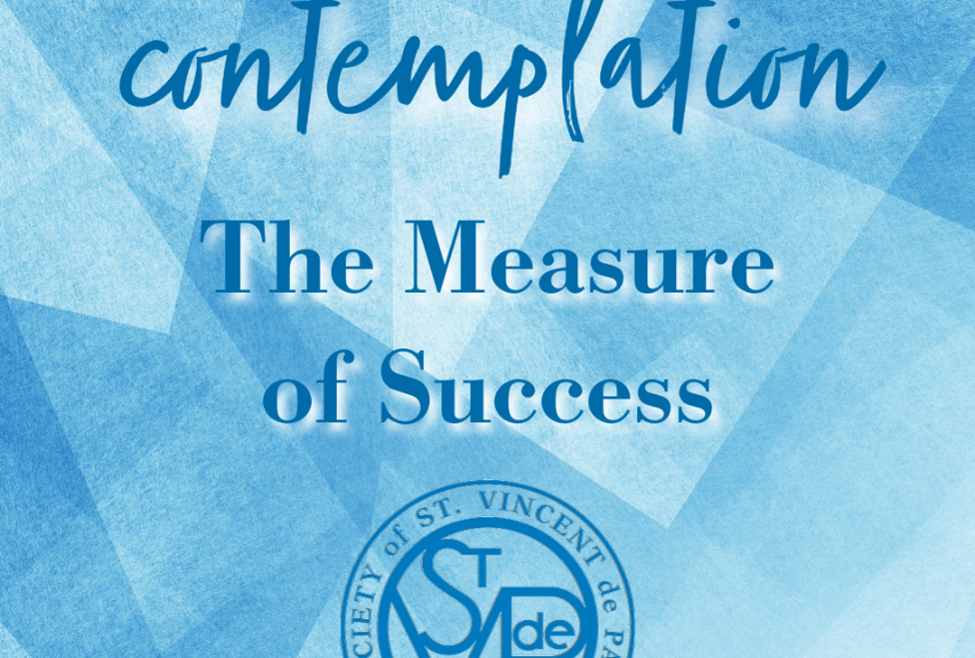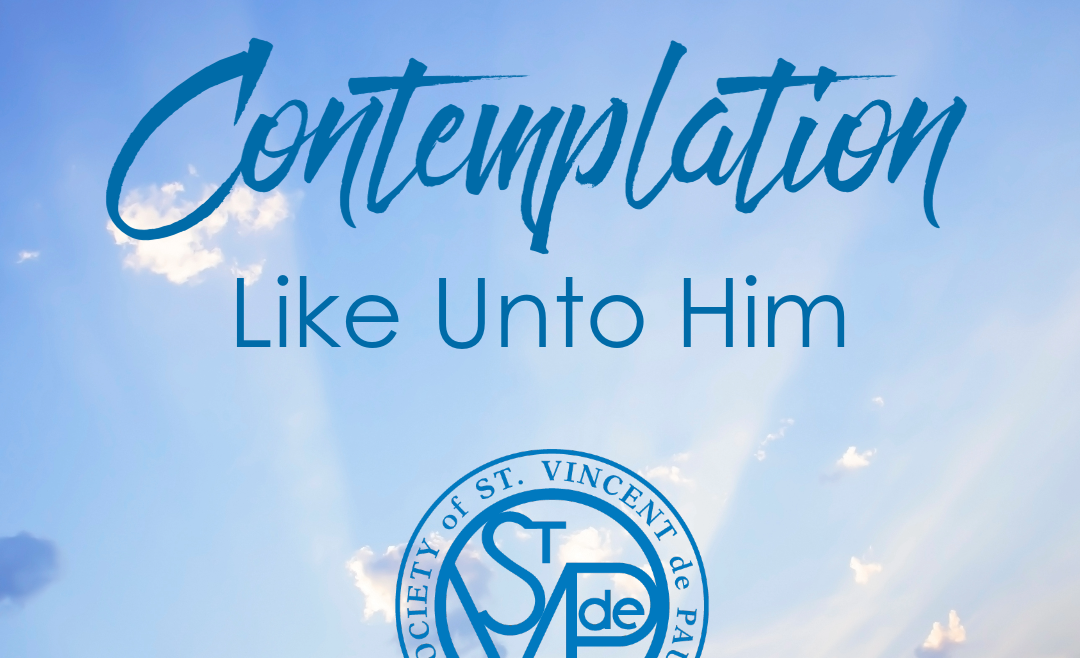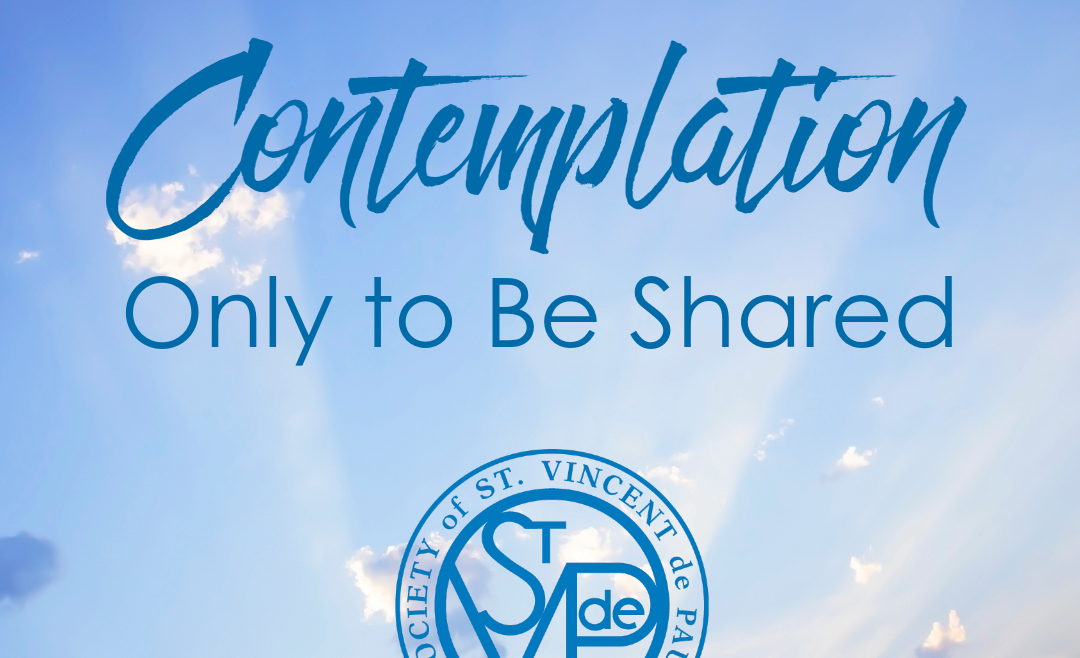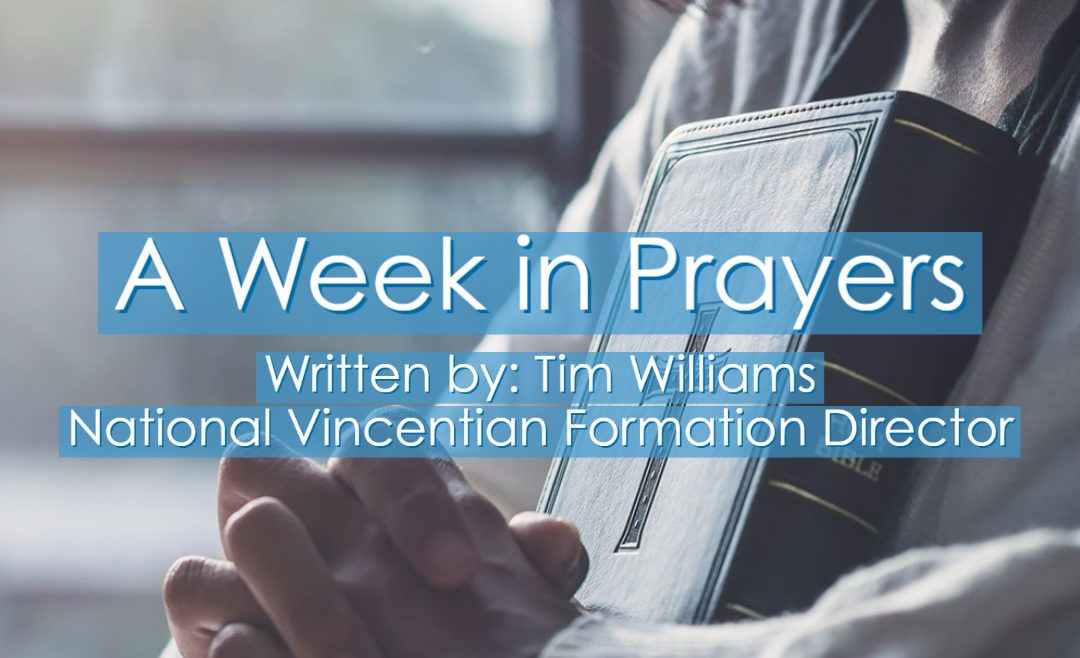The word vocation, as we know, is from the Latin vocāre, meaning “to call. A vocation, then, such as our Vincentian vocation, is a calling, specifically a call from God. If you have heard the call, it is for you. What matters most to our own salvation, then, is not the call, but our answer to it.
God’s call can come to us in many forms — a nagging feeling that we cannot shake, a pang in our conscience, an event in our lives that seems to hold deeper meaning, or a person who raises new ideas. It is in times of reflection and prayer that we may feel most attuned to God’s voice, but His call is not bound by our attention to it. If you hear His call, it is for you.
Nevertheless, even having heard the call, we often question our fitness to answer it. “Am I holy enough?” we wonder, when asked to consider serving as a spiritual advisor. “Am I really a leader?” we wonder when the nominating committee asks to consider us as a future president. “Do I have the compassion, or the knowledge, to be a home visitor?” we wonder, especially as new members.
If you hear His call, it is for you, and if He has called you, He will give you the graces you will need to fulfill His will. With our friends, we can offer all the well-considered reasons why we cannot do things; we can list out our other obligations, our shortcomings, or our self-doubts. All these things may be reasonable and true, and they may be quite convincing to our friends, but God already knew all of those things before calling.
Yet He called, and we heard Him.
When Gabriel appeared before a young girl in Nazareth to tell her she would bear a child by the power of the Holy Spirit, he was asking her to do some very difficult things. She might believe she was carrying the Son of God, but who in her community would see it that way? What would her betrothed think? Was she capable of raising a child in those circumstances? How could she even be sure she could provide food and shelter for the two of them?
But the angel in his greeting, “Hail, full of grace”, made clear that God had already given her all the gifts, all the graces, all the ability to fulfill His will, and so, in her humble obedience, she answered “yes” to His call. We, like Mary, are called only to those things that God wills for us. He knows what we can do, even if we don’t, and we can take the same reassurance as the angel offered to her, to not be afraid, for the Lord is with us. He has given us sufficient grace. And God’s will does not remove His grace.
Contemplate
Am I sometimes hesitant to answer God’s call because I doubt my own gifts?


